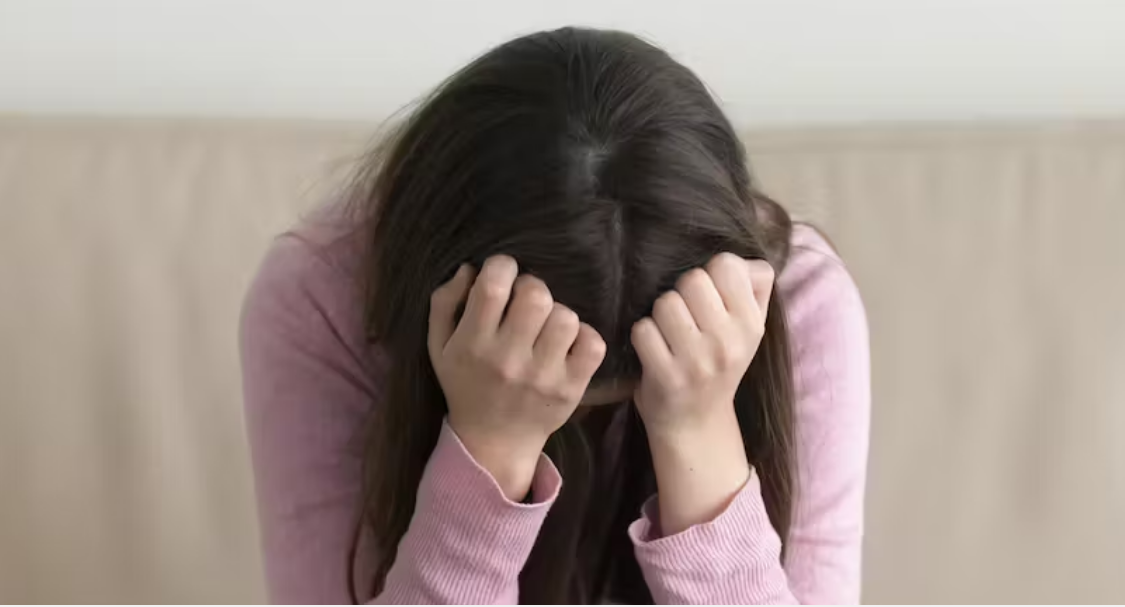Having been victimized by a predatory psychopath is a traumatic and often violent event that can have long-lasting effects on the victims, their friends, and their families. Professionals who are trained to respond to these types of victims play a critical role in mitigating the harm caused and helping them recover from the ordeal. We will explore how professionals can best help provide support to predatory psychopath victims.
The first step in helping victims of psychopathic victimization is to ensure their immediate safety. Interactions with a predatory psychopath can be incredibly psychologically destructive, can certainly threaten one’s health, and be potentially dangerous. The priority of professionals should always be to ensure the safety of psychopath victims. This involves working closely with local service providers, mental health resources, victims’ assistance, and law enforcement to develop a safety plan while providing support and reassurance to the psychopath victim.
Once separation has been established, a medical assessment has been made, and the victim is in a safe environment, the focus can shift to helping the victim recover from the trauma he or she has experienced. This can involve a range of interventions, including medical treatment for any physical malnourishment, or dehydration, documentation of any bruises or injuries, psychological support for emotional trauma, and legal assistance for any legal issues arising from the psychopathic encounter.
You might be surprised that medical attention may be necessary for victims of predatory psychopaths as victims may look very “normal” at the first assessment, but psychopaths are very adept at causing pain and injury that cannot be identified from a surface assessment. Victims may be malnourished, dehydrated, potentially drugged, or poisoned, and may have sustained physical injuries deep within the body during the psychopathic experience. Professionals should work closely with mental health aids and medical personnel to ensure that the victims receive appropriate treatment for any conditions they have been subjected to.
Psychological support is critical for helping victims of a predatory psychopathic encounter recover from the trauma they have experienced. Professionals who specialize in trauma and post-psychopath counseling can help victims process their emotions, cope with the aftermath of the ordeal, and begin to rebuild their lives. This may involve individual or group counseling sessions, as well as referrals to other mental health services as needed.
Legal assistance may also be necessary for victims of a predatory psychopath, particularly if they have unwittingly participated in, or have also been a victim of, a crime during the psychopathic episode. Professionals can help victims navigate the legal system, including filing police reports, seeking protective orders, and pursuing compensation for any damages they have suffered.
In addition to these specific interventions, professionals can also help victims of psychopaths in more general ways. This may include providing practical support, such as helping victims with housing, transportation, and other basic needs. It may also involve connecting victims with community resources, such as support groups, financial assistance, and other services that can help them rebuild their lives.
It is of primary importance that professionals approach this delicate and complicated work with sensitivity and compassion. Involvement with a predatory psychopath can be incredibly traumatic for victims, and professionals must be mindful of this as they provide support and assistance. This may involve being patient, empathetic, and non-judgmental, and allowing the victims to take the lead in their recovery.
Professionals should play a critical role in helping victims of predatory psychopaths. Their primary goal is to ensure the immediate safety of the victims, but they must also provide ongoing support and assistance to help the victims recover from the trauma they have experienced. This may involve medical treatment, psychological support, legal assistance, practical support, and connection with community resources. It is important for professionals to approach their work with sensitivity and compassion, and to allow the victims to take the lead in their recovery.
